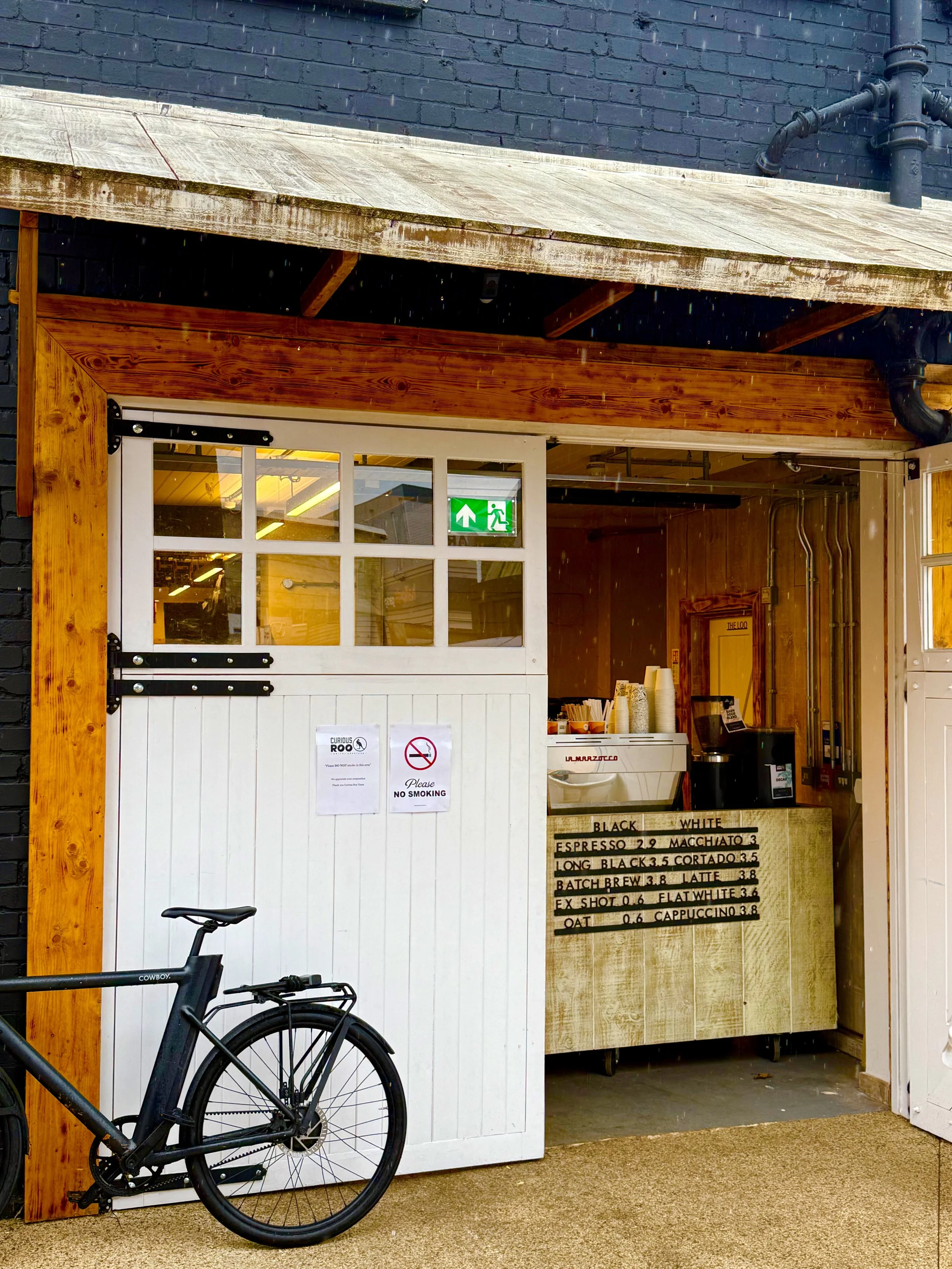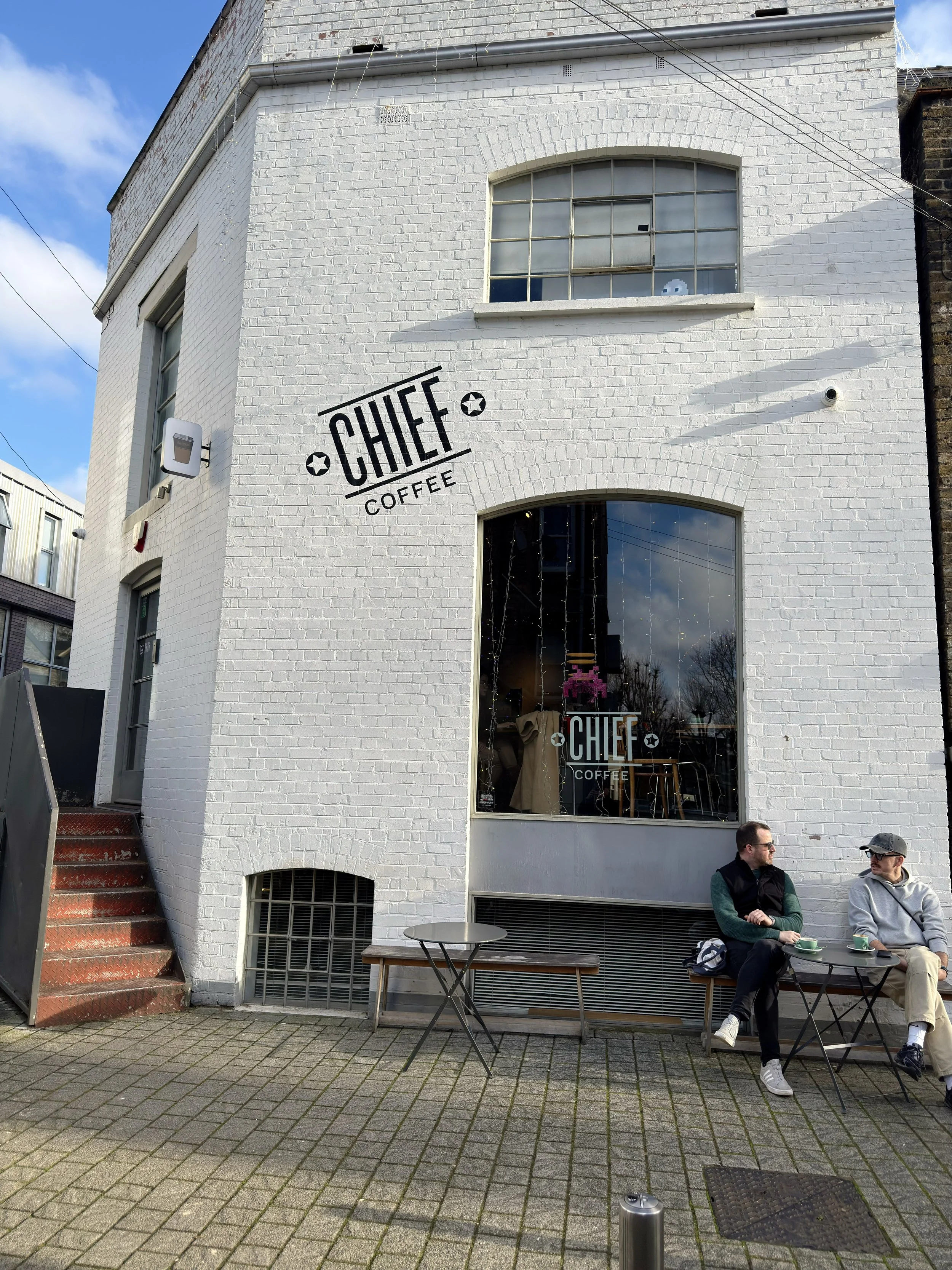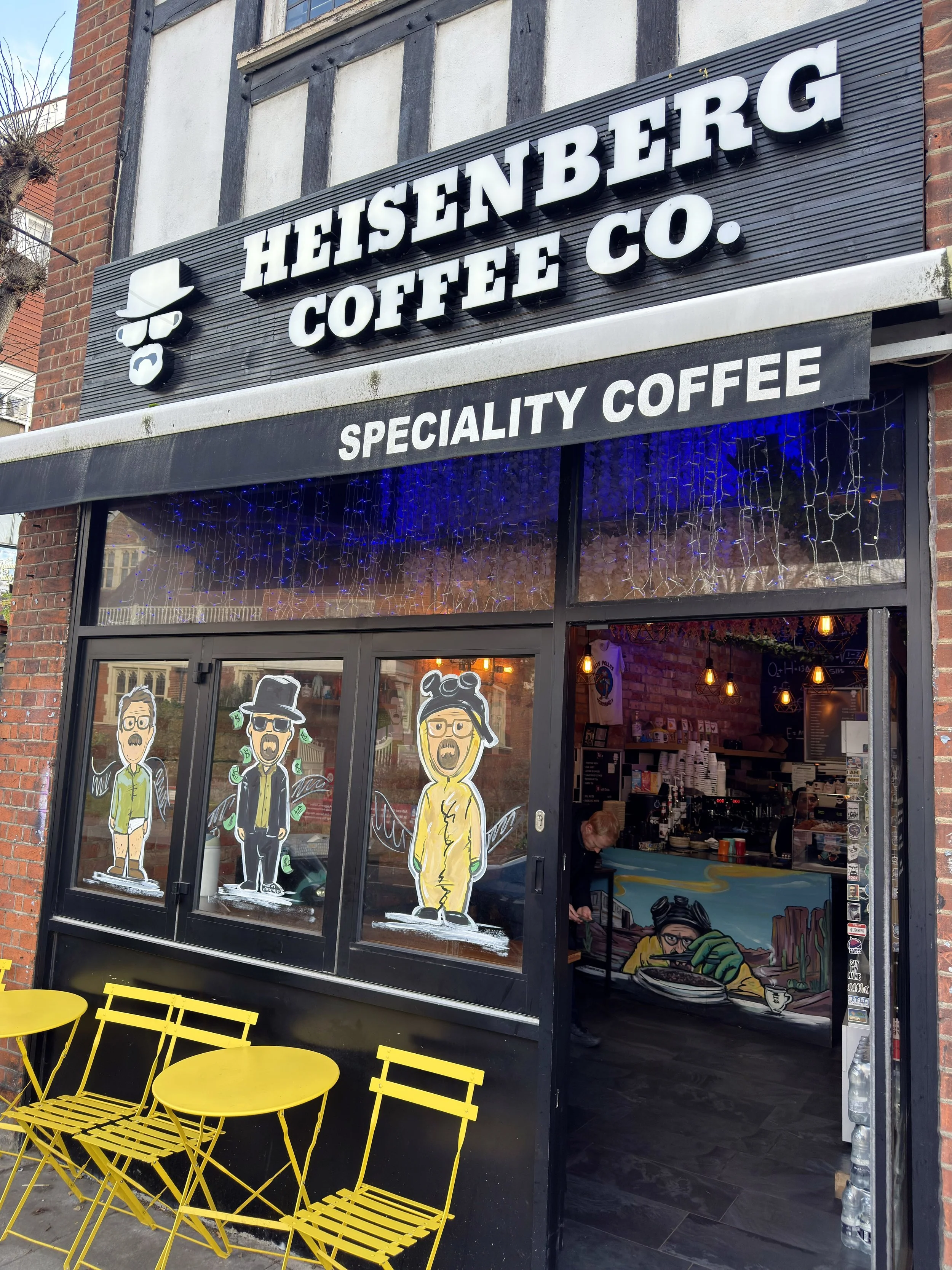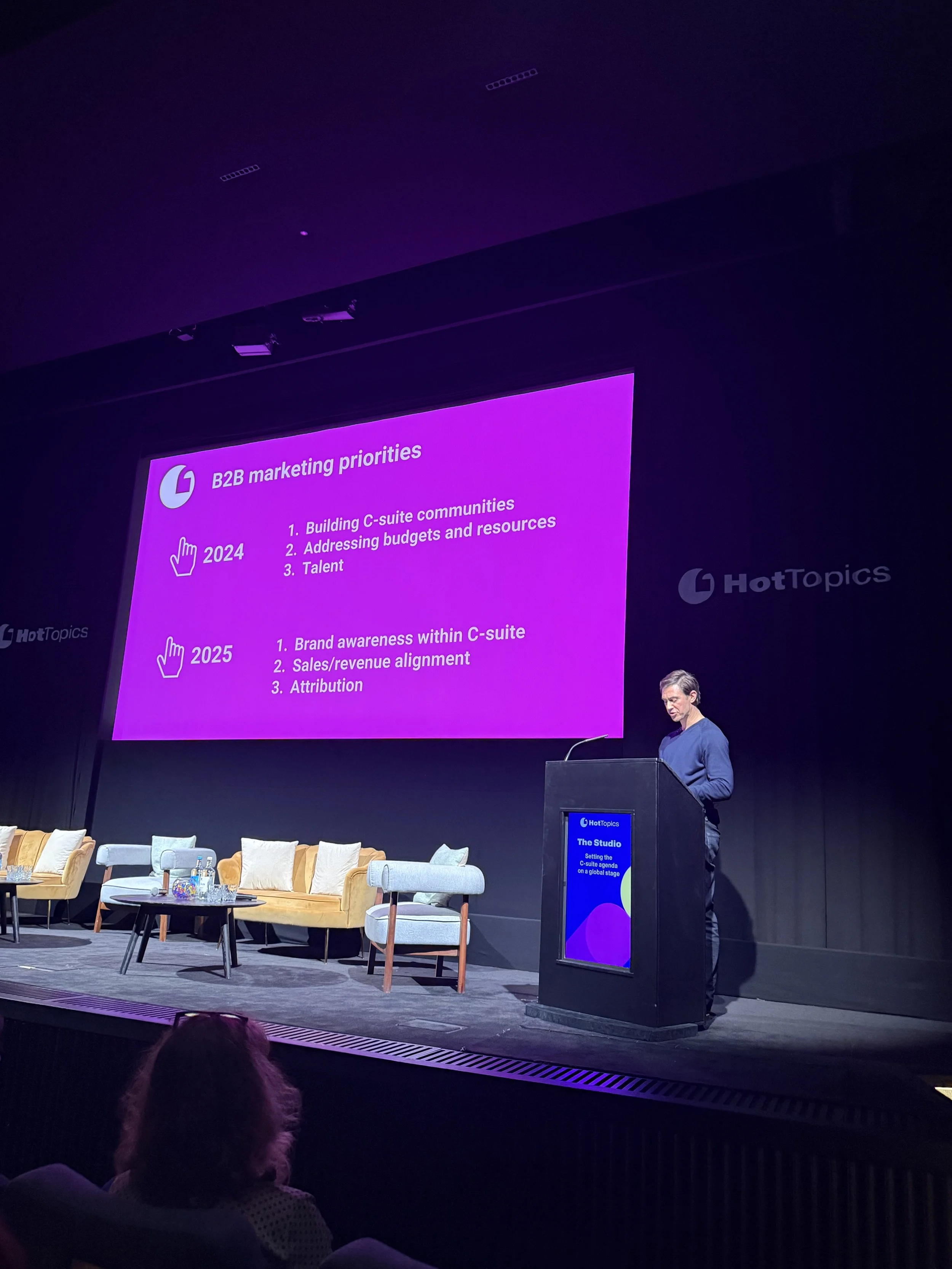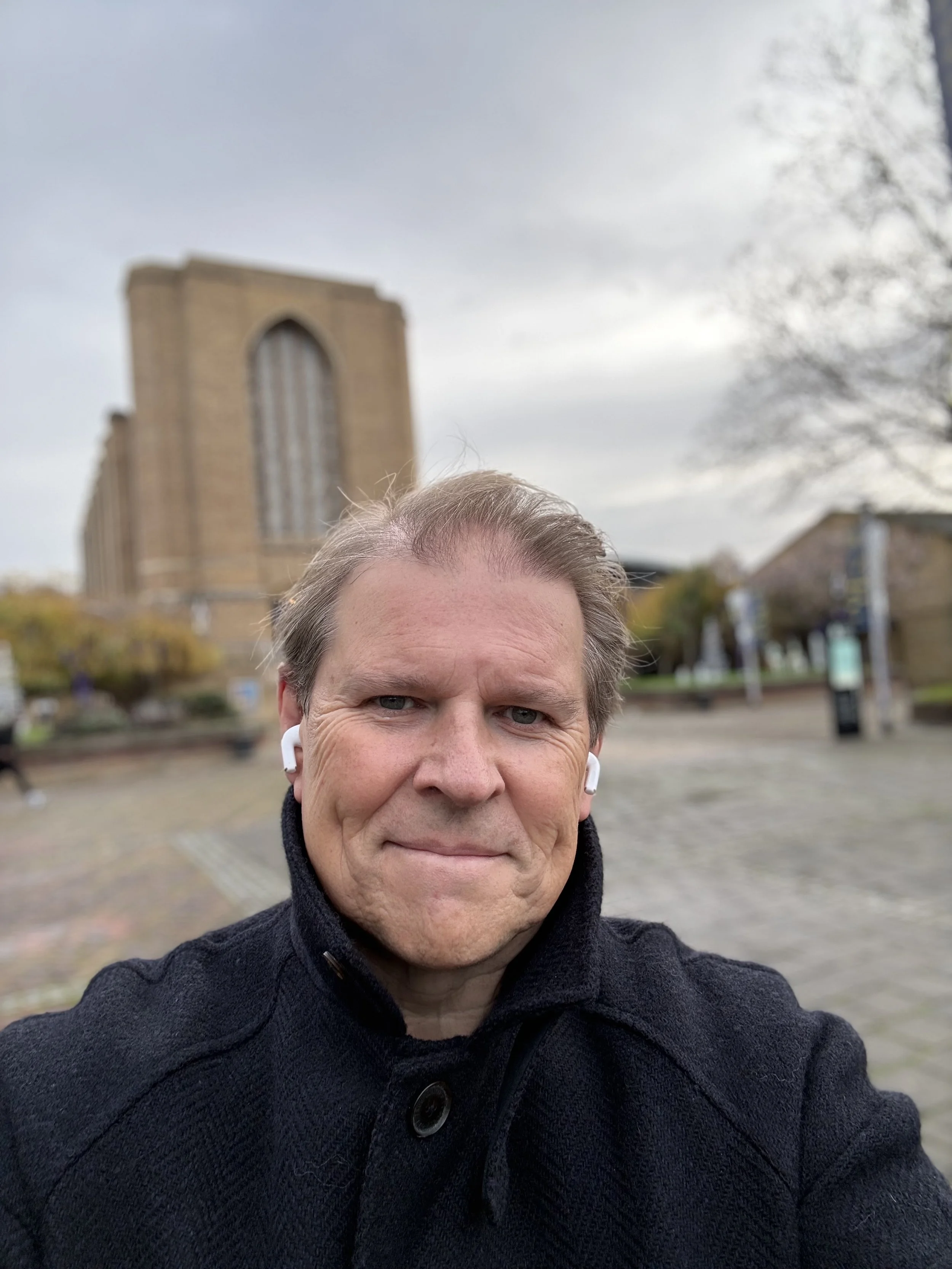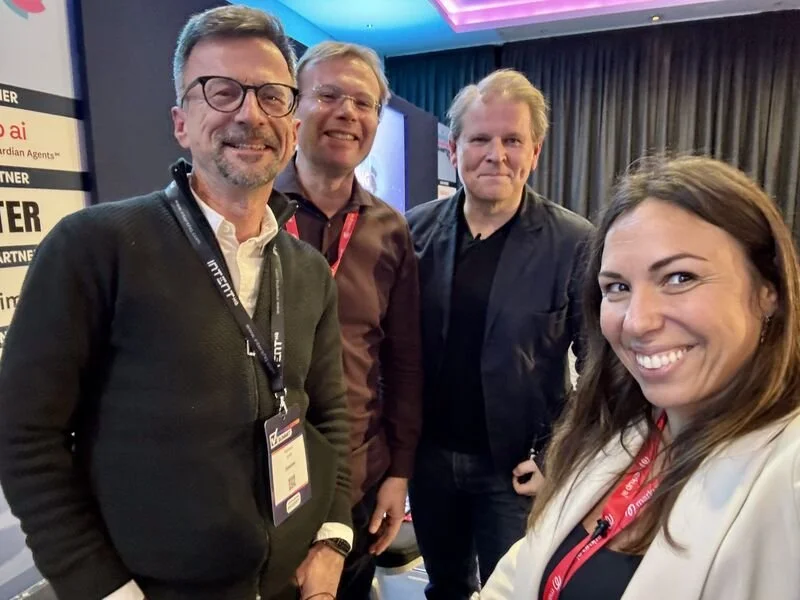Walking past yet another new coffee shop opening yesterday in my neighbourhood, I counted. Thirty places to grab a coffee already trading within a 15-minute walk. And someone still thought: "You know what this area needs? Another one."
That takes serious conviction. Or serious delusion. Maybe both. I mean how much coffee do we drink?
But here's what struck me: they're probably right.
Because saturated markets aren't actually saturated. They're just poorly segmented. Every one of those 30 coffee shops/bakeries/casual dining spots serves a slightly different job:
The commuter grab-and-go
The 10am business meeting spot
The all-day laptop warriors
The weekend brunch destination
The evening wine-and-coffee hybrid
Same product category. Completely different businesses.
I see the same pattern in B2B SaaS every day. "The market's too crowded." "There are already 50 competitors." "How can we possibly differentiate?"
Wrong questions.
The right questions:
✅ Which specific job are we doing that others aren't?
✅ Which micro-segment is underserved despite the crowd?
✅ What experience gap exists that nobody's filling?
At VMware, we entered markets with 100+ competitors. At Adobe, we fought in categories everyone called "commoditized." The markets weren't saturated. They were just badly understood.
That new coffee shop owner gets it. They're not opening coffee shop #31. They're opening the only coffee shop that does their specific thing, for their specific people, at their specific moment. The problem then becomes how to communicate that. Enter the marketing team.
And if you’re interested, here’s my fab 4 out of those 31:
CuriousRoo. A little off the beaten track - its actually a small cafe at the front of a roastery. So super fresh beans. Not the best location as it’s outside seating only, but definitely my favourite in terms of taste.
Chief. Has a pinball room in the basement! I have a soft spot for Chief as they hand-delivered coffee beans to homes during the pandemic lockdowns.
Tamp. Mainly South American coffee along with tasty empanadas.
Heisenberg Coffee Co. Because who doesn’t love a Breaking Bad theme?
